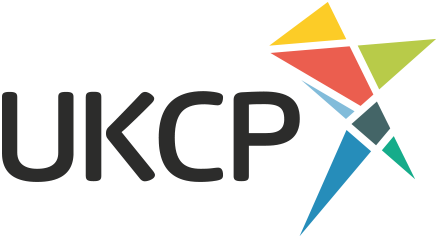My Approach
I see psychotherapy as a co-created, relational process, whether it is in-person at my consulting room in Hackney E8, or online. It is distinctly different from speaking to a family member or a friend, as a psychotherapist is professionally trained over many years to listen and not to try and ‘fix’ things for you. This approach fosters an environment where you have a confidential space to think with curiosity about your life experiences and consider how they have impacted upon you. The experiences that you have in the present day often link to the past, but this may not only relate to your immediate family, but also to how experiences at school, friendships, partners, work, and society at large have influenced the way in which you see yourself. As your therapist, I will actively listen to what you tell me, without judgement and with curiosity. I will also think carefully about what you are saying, and offer my own associations and perspectives from time to time if I believe that they are helpful to you.
Perhaps the most important part of psychotherapy is that it facilitates a process which enables you to explore the ways in which you relate to the world, and, of course, not all of these will be helpful. As psychotherapy progresses, you will become increasingly aware of your own ways of relating to yourself and the outside world, and, by virtue of this, you will experience a deepened sense of contact and ownership of how you relate to yourself and others. This will help you to see new alternatives to old relational patterns.
Although new perspectives can sometimes be challenging, they also offer a feeling of hope and possibility. Psychotherapy therefore has the potential to open a ‘space between’ yourself and your experiences. This is rather like when you have not seen a painting or film for a while, and when you return to it, you notice something different; you now see with new eyes, which deepens your emotional response.
the importance of the imagination in therapy
As an integrative arts psychotherapist, I hold the imaginal realm in high esteem, and an important part of this approach to psychotherapy is to facilitate a process where you can access your imagination as a means of knowledge, perspective, and healing. The imagination, as Coleridge said, is not just something superfluous that we ‘fantasise’ with, it is itself an important thinking function. The imagination therefore offers unforeseen perspectives; it has its own particular, - and sometimes peculiar - kind of wisdom.
Routes to the imaginal in psychotherapy may be found through a dream you have had, or by talking about a piece of music, painting, or book which you relate to (you absolutely do not need to be an artist to work in this way - Please see the section below on art therapy). This is an important process, as the arts, mythology and folklore that we feel drawn to also relate to our emotional lives at the deepest level of feeling. The use of the art materials is an option, and it is entirely up to you whether you wish to use them, and how much you engage with them.
ART THERAPY
I am a trained and highly experienced art therapist/psychotherapist but it is not a pre-requisite that you use art materials in therapy. You may feel that conversation is enough, and I have worked with many clients in this way. If you wish however, you might like to work with expressive arts such as drawing/ painting. Drawing/ artistic skills are not needed at all. These non-verbal methods of expression are sometimes very helpful in terms of accessing and the deeper layers of the self that otherwise cannot be articulated through words. It can also help you to make sense of whatever emotions you are experiencing so that your emotions are things that you have rather than being felt to be destructive or bothersome. Read more about art therapy.
EMDR
EMDR (Eye Movement Desensitization and Reprocessing) can be a helpful way of processing traumatic memories that have become ‘stuck’. EMDR is quite different from more traditional psychotherapy approaches as it aims to target a particular traumatic memory, along with the emotions and body sensations which are associated with it. As research has shown that the residue of trauma is stored in the body, EMDR protocols therefore reflect this. I have found that EMDR to be particularly effective when integrated with psychotherapy and/ or art therapy. Please note I do not therefore offer standalone EMDR treatment such as in the case of single event traumas such as those caused by accidents.


